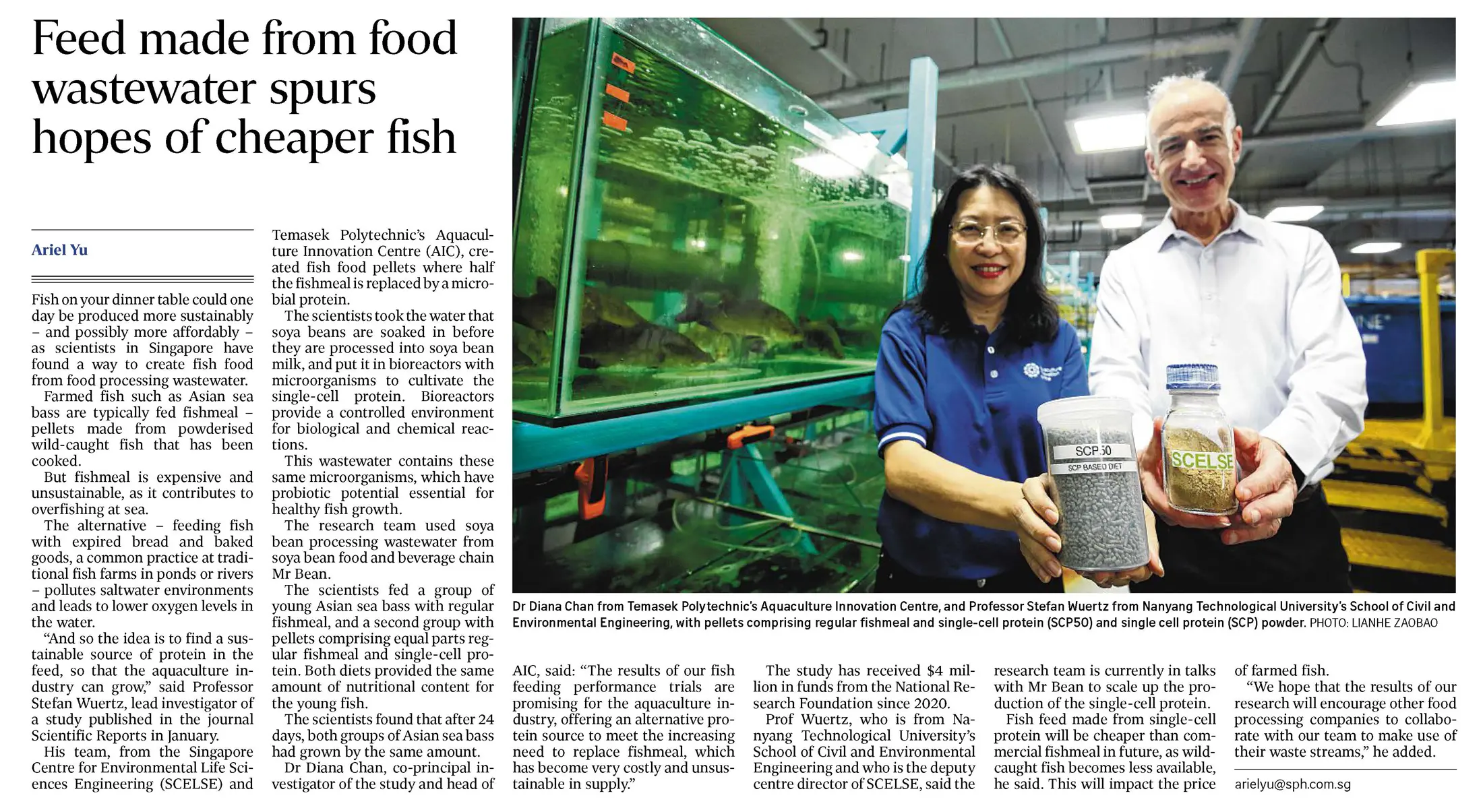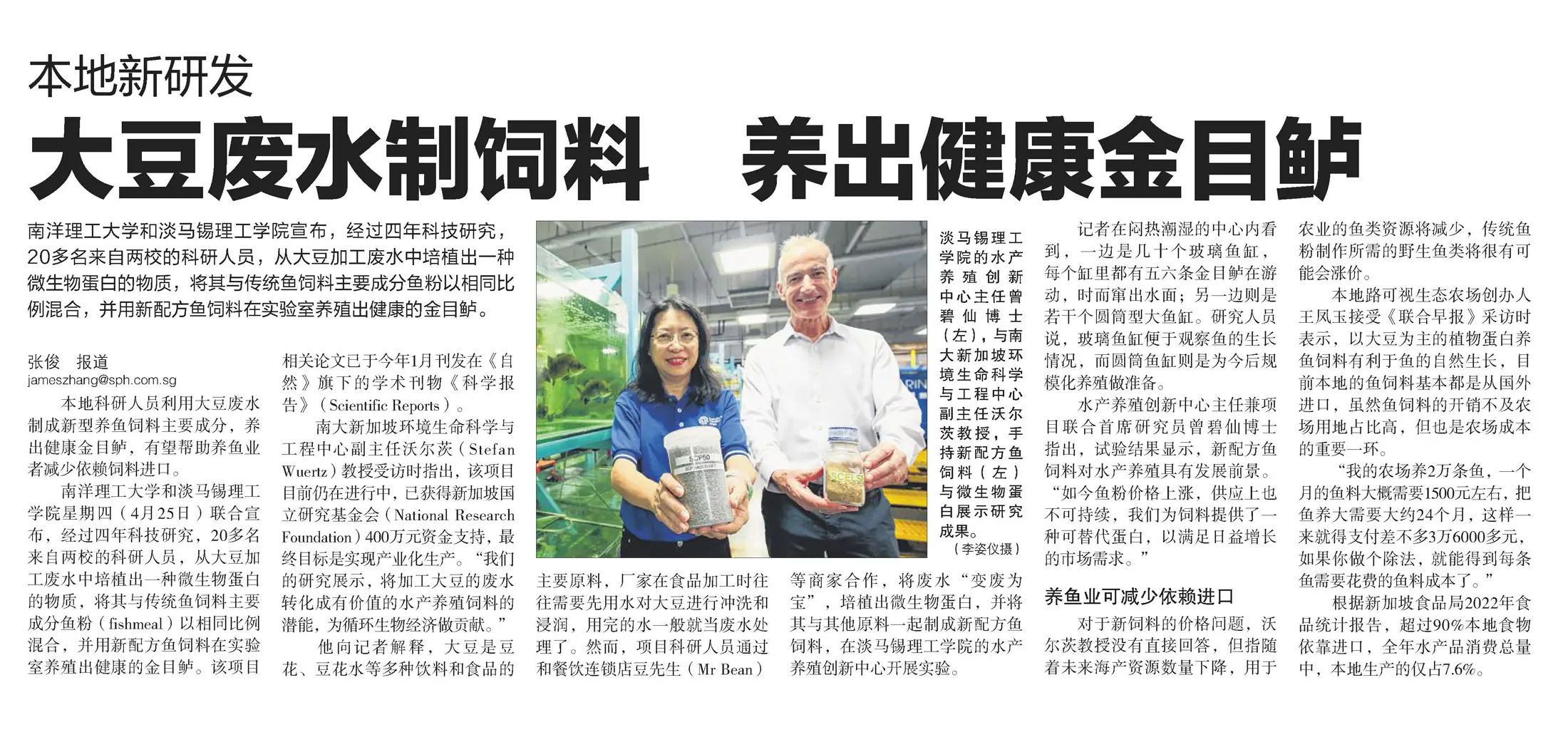AquaSG’19
This is the first event co-organised by AIC since its inception in July 2019. AquaSG’19 Conference was officially opened by Mr Lim Chuan Poh, Chairman, Singapore Food Agency. Besides the keynote speech, and thematic speakers, there was also the Yield Lab Aquaculture Innovation Pitch which was received very well by the audience as 5 teams competed against each other. The 3rd day ended with farm visits including the visit of AIC facility.
/Topbanner_Aquaculture Workshop.webp)
/aic-focus-1.webp)
/lee_chee_wee.webp)
/diana_chan.webp)
/saravanan_padmanabhan.webp)
/Loo-Poh-Leong.webp)
/AIC_TEAM_Malar.webp)
/deborah_chua.webp)
/germaine_lau.webp)
/AIC_Team_Arefin.webp)




/bra-221122-1.webp)
/bra-221122-2.webp)
/bra-221122-3.webp)
/bra-221122-4.webp)
/bra-221122-5.webp)
/bra-221122-6.webp)
/MOU_may2022_1.webp)
/MOU_may2022_3.webp)
/MOU_may2022_2.webp)
/MOU_may2022_4.webp)
/launch-1.webp)
/aiclaunch2.webp)
/aiclaunch3.webp)
/aiclaunch4.webp)
/aiclaunch5.webp)
/aiclaunch6.webp)
/aiclaunch7.webp)
/aiclaunch8.webp)
/aquasg1.webp)
/aquasg2.webp)
/aquasg3.webp)
/aquasg4.webp)
/aquasg5.webp)
/AIC-acelerate-1.webp)
/AIC-acelerate-2.webp)
/AIC-acelerate-3.webp)
/AIC-acelerate-4.webp)


/19-06-26%20Launch%20of%20AIC_0041.webp)
/AIC%20LAUNCH%20-%2027062019%20ST_PA3.webp)
/AIC%20LAUNCH%20-%2027062019%20ST_PA1.webp)
/AIC%20LAUNCH%20-%2026062019%20LHWB_P6.webp)
/aic5.webp)
